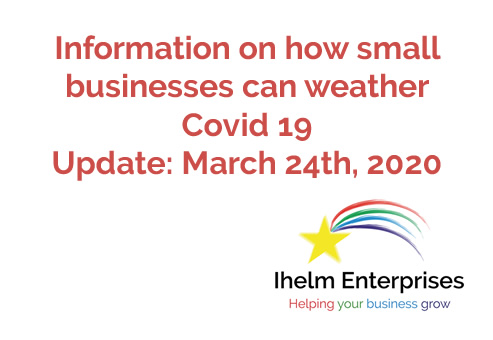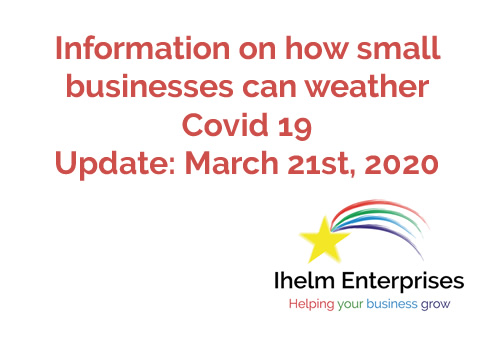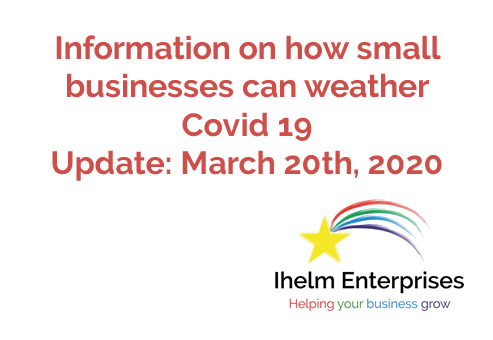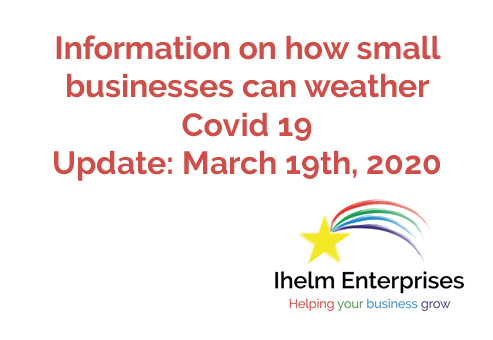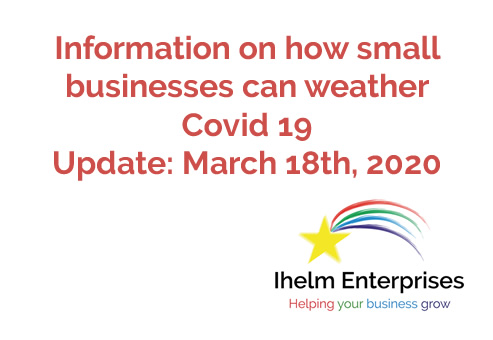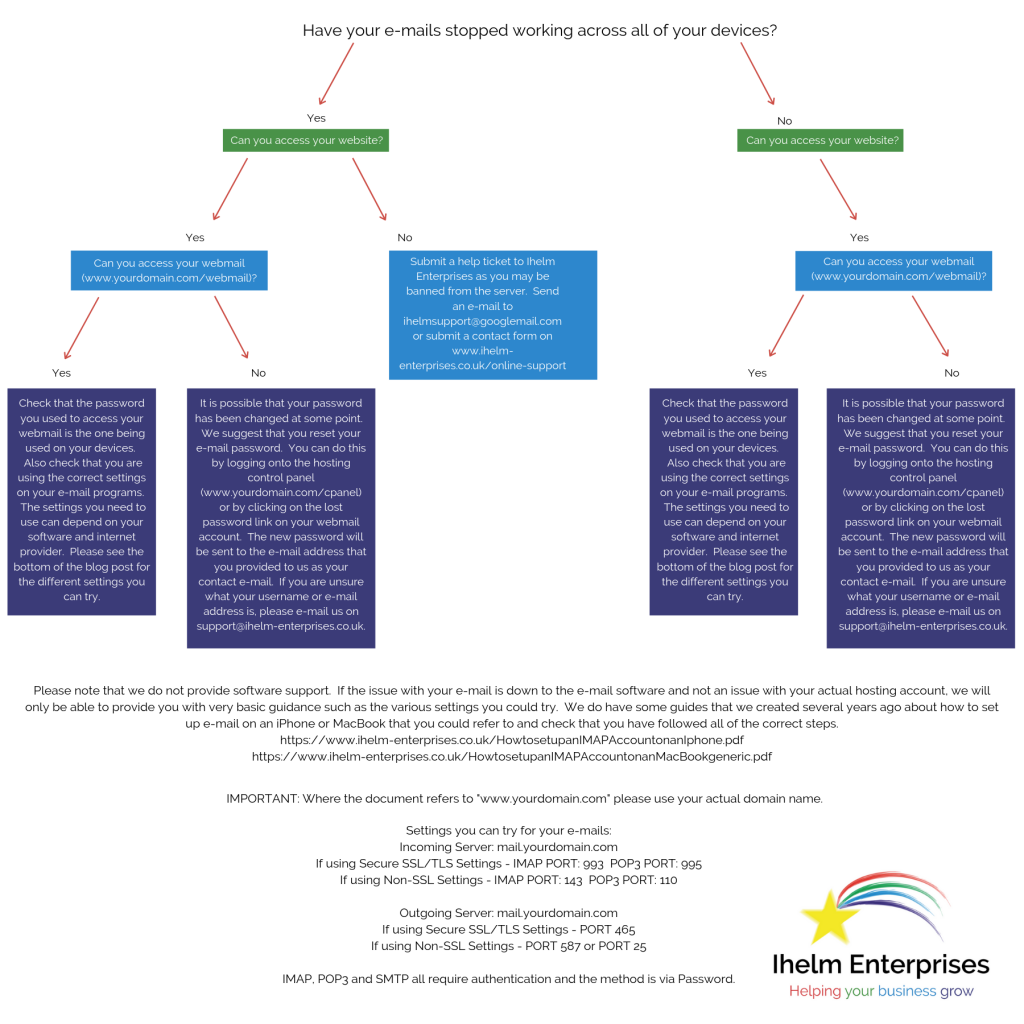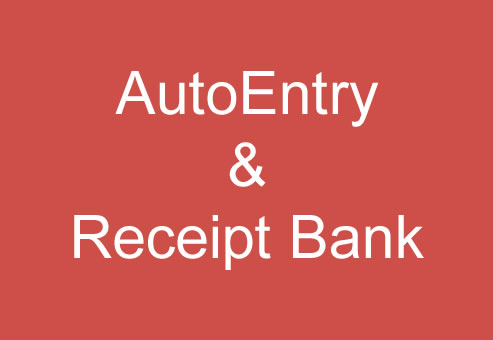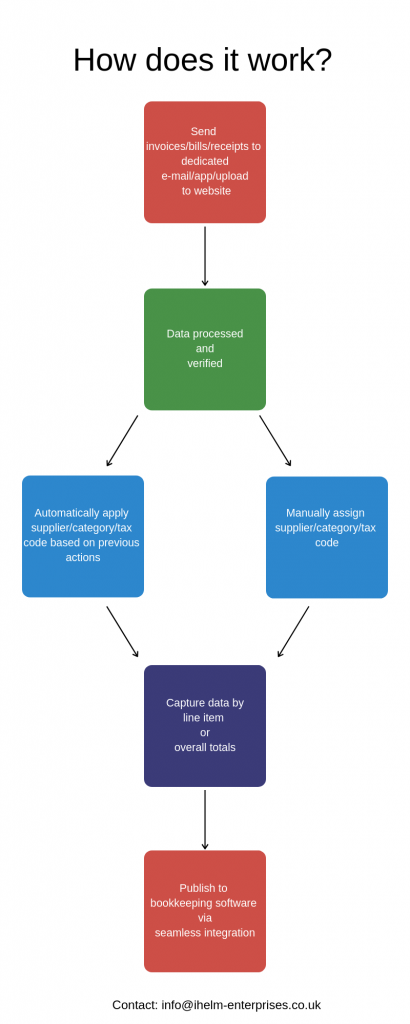I want to try and keep the information as clear and as simple as I possibly can for everyone, so I won’t be writing out everything again, I will just be writing out the highlights.
There weren’t any big financial announcements last night, but the UK Government did announce that the country is now in lockdown and only essential businesses are allowed to stay open. You can read more about what businesses must close by going to: https://assets.publishing.service.gov.uk/government/uploads/system/uploads/attachment_data/file/874732/230320_-_Revised_guidance_note_-_finalVF.pdf
If there is any way that you can run your business online, I would advise that you do so as this way you can keep your business going.
Thus far, nothing has been announced for the self-employed or the micro-businesses (sole director companies with no other employees), but we are hopeful that a package will be announced to support these types of businesses in a similar way to larger businesses. As soon as anything is announced I will of course share that information.
All of the support out there is meant to be accessible from today – if you are eligible for support due to Small Business Rate Relief you will be contacted by your council.
1) One announcement that did come out is that Nurseries that pay business rates will now get a rates holiday for the 2020 to 2021 tax year. The properties must be occupied by providers of Ofsted’s Early Years Register and be wholly or mainly used for the provision of the Early Years Foundation Stage. You don’t need to do anything to receive this holiday as the council will automatically contact you.
2) A new website has been launched by the Government to provide information on the support available to businesses: https://www.businesssupport.gov.uk/
3) Moratorium on Lease Forfeiture for Commercial Tenants
The government has extended protection to commercial tenants so that landlords cannot evict tenants who are not able to pay their rent due to coronavirus. This will last for a period of 3 months. Tenants are encouraged to talk to their landlords about a payment holiday or a reduction in rent for a 3 month period to allow them to improve their cashflow. The tenant will still be liable for making the payments and the landlord can recover the rent due after the 3 month period.
The information and policies are continually being updated by the government, so I urge you to keep on top of the information by visiting the relevant website for your area.
UK: https://www.gov.uk/government/publications/guidance-to-employers-and-businesses-about-covid-19/covid-19-support-for-businesses
Scotland: https://www.gov.scot/coronavirus-covid-19/
Wales: https://gov.wales/business-and-employers-coronavirus
Northern Ireland: https://www.nibusinessinfo.co.uk/
I will be trying to keep myself as informed as possible and will share relevant information on my fb business page: https://www.facebook.com/ihelmenterprises/

